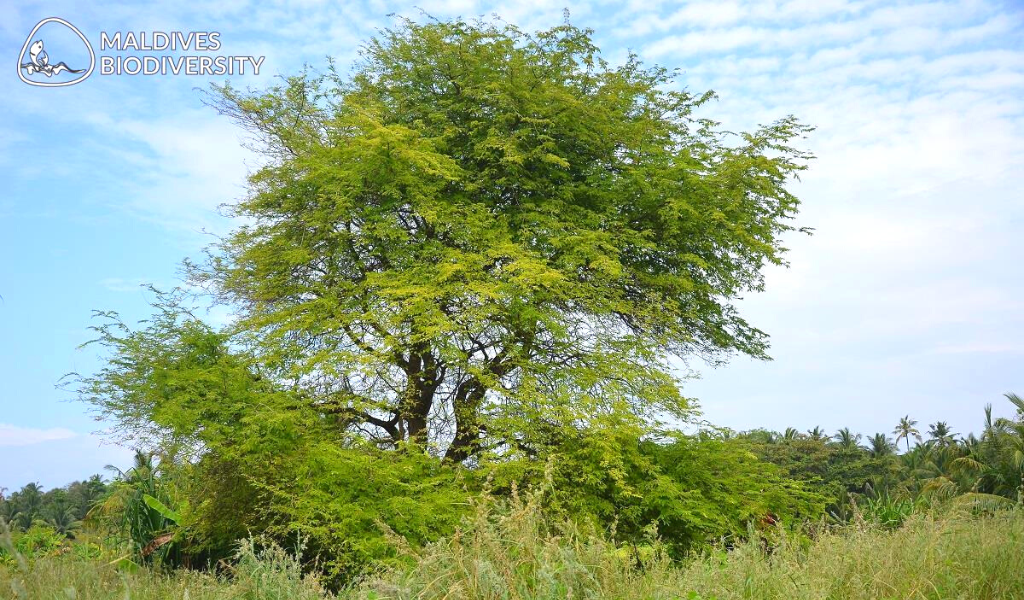
Must-Know New Regulations for Protection of our Trees Across Maldives
Ministry o Environment, Climate Change and Technology has drafted a new regulation aimed at making islands greener and protecting and managing trees across the island nation, that is set to take effect from July on-wards. According to the Environment Ministry, the new regulation's goal is to increase and protect greenery on islands, as well as protect and maintain old trees in the Maldives, as well as manage tree cutting, uprooting, and transportation in accordance with decentralization principles.
Cutting down or uprooting trees in public places on any island will now require approval from the Environmental Protection Agency (EPA) and must be witnessed by a local council official, according to the new regulation. The regulation gives councils the authority to approve the deforestation for firewood. All such permits, however, must be entered into a register and shared with the EPA on an annual basis. Cutting down trees of a certain height, even for firewood, is prohibited.
Moreover, Uninhabited islands and islands leased for socioeconomic purposes can have trees cut down in the presence of the island's legitimate lease holder and an atoll council official, but only if absolutely necessary. The law allows trees to be cut down if their roots cause damage to neighboring properties. Trees on the beach, trees located 20 meters inland from the beach, all trees on protected islands, and trees in protected areas and surrounding 20 meters are all prohibited from being cut down under the regulation. It is also illegal to cut down endangered trees. Trees that are more than 50 years old must be protected. The upkeep of the trees is the responsibility of local governments.
Violations of the regulation will result in severe penalties. As a result, failing to obtain the necessary permits for an activity that requires permission under the regulation is punishable by an MVR 50,000 fine for the first violation, an MVR 100,000 fine for the second violation, and an MVR 150,000 fine for the third violation. The first offense of removing trees with sand or filling holes dug to uproot trees with sea sand is punishable by an MVR 15,000 fine, an MVR 50,000 fine for the second offense, and an MVR 100,000 fine for the third offense. Failure to submit required information under the regulation is punishable by an MVR 5,000 fine on the first offense, an MVR 10,000 fine on the second offense, and an MVR 15,000 fine on the third offense.
Accepting illegally cut or uprooted trees is punishable by an MVR 50,000 fine on the first offense, an MVR 100,000 fine on the second offense, and an MVR 150,000 fine on the third offense. The current regulations, which were published in 2006 and 2007, will be null and void once the new regulation takes effect. The new rule was enacted in response to concerns that resorts were removing trees from islands for landscaping purposes.
All Pictures Taken From Maldives Biodiversity Organization's Website